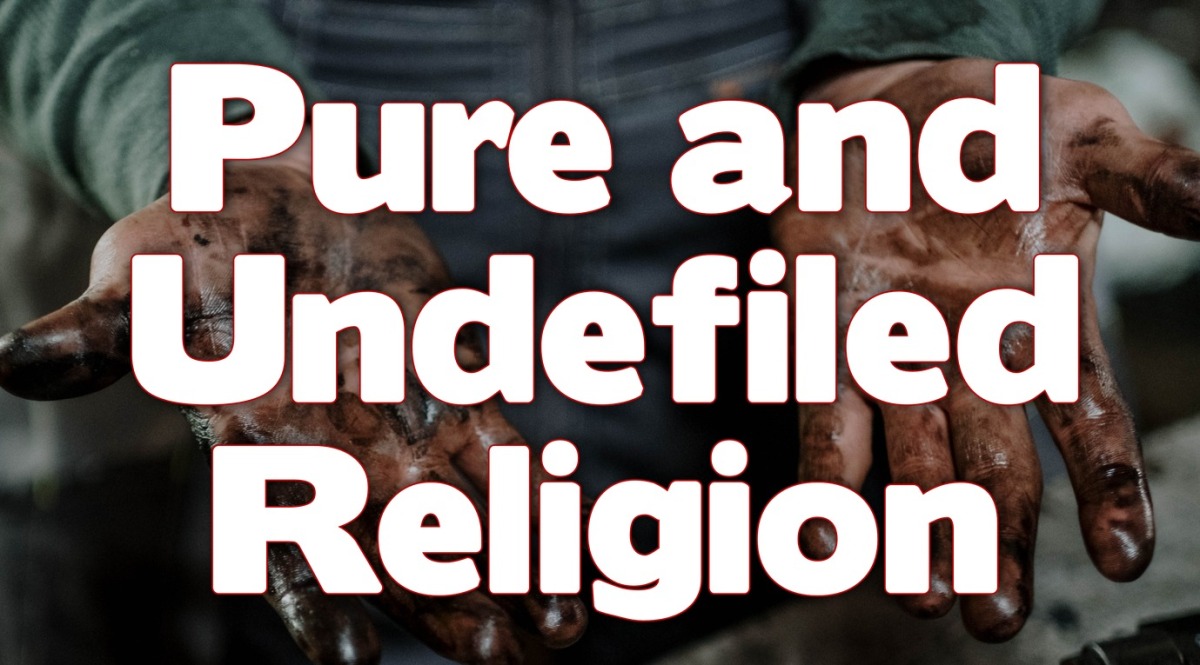Today’s reading is Revelation 7.
In Matthew 28:18-20, Jesus commissioned the apostles, saying:
All authority in heaven and on earth has been given to me. Go therefore and make disciples of all nations, baptizing them in the name of the Father and of the Son and of the Holy Spirit, teaching them to observe all that I have commanded you. And behold, I am with you always, to the end of the age (ESV).
As the seals were broken, Jesus went out conquering and to conquer, but was followed by war, famine, death, and hades. Some in Jesus’s army were executed such that they lamented beneath the altar, “How long?” They were told to wait until all the executions took place.
But now we learn something else was going on this whole time. Jesus actually was conquering. He was not conquering in the sense of slaughtering enemies. Rather, He was conquering in the hearts of men and women among “every tribe of the sons of Israel.” However, not only there, but also “from every nation, from all tribes and peoples and languages” (Revelation 7:9, ESV). His kingdom was defeating the enemy within the hearts of multitudes from all nations.
In this picture we learn why when Jesus went out conquering and to conquer, He didn’t immediately crush the Romans or any other nations. He could have. The Jews expected it. But He had a better plan. He will crush the enemies. However, before that He wanted and wants to give everyone the option and the means by which they can avoid the judgment and instead enjoy His kingdom.
Understand this. That has allowed us to be in the kingdom. Perhaps now we can see why the martyrs behind the fifth seal were under the altar. Like our Savior, they were killed that we might be in the kingdom. No, their deaths were not sacrifices for our sins. Only Jesus’s death pays that debt. But the world continued, beset by sin and full of sinners, and these suffered because of it. In a sense, we are saved through their patient suffering. When we face hardship, persecution, even death, keep in mind others are being brought into the kingdom. God’s patient endurance of our suffering is the salvation of others, just like it was for us. If we too end up on the altar, think of those being saved because we patiently endure while God works out His full plan. Be faithful unto death not simply because we overcome through such faithfulness, but because such faithfulness gives time and motivation for others to bow their knee to and confess the name of Jesus.
Praise the Lord!
Tomorrow’s reading is Revelation 7
PODCAST!!!
PATHS:
Discuss Today’s Meditation with Your Family
How does Revelation 7 admonish you?










